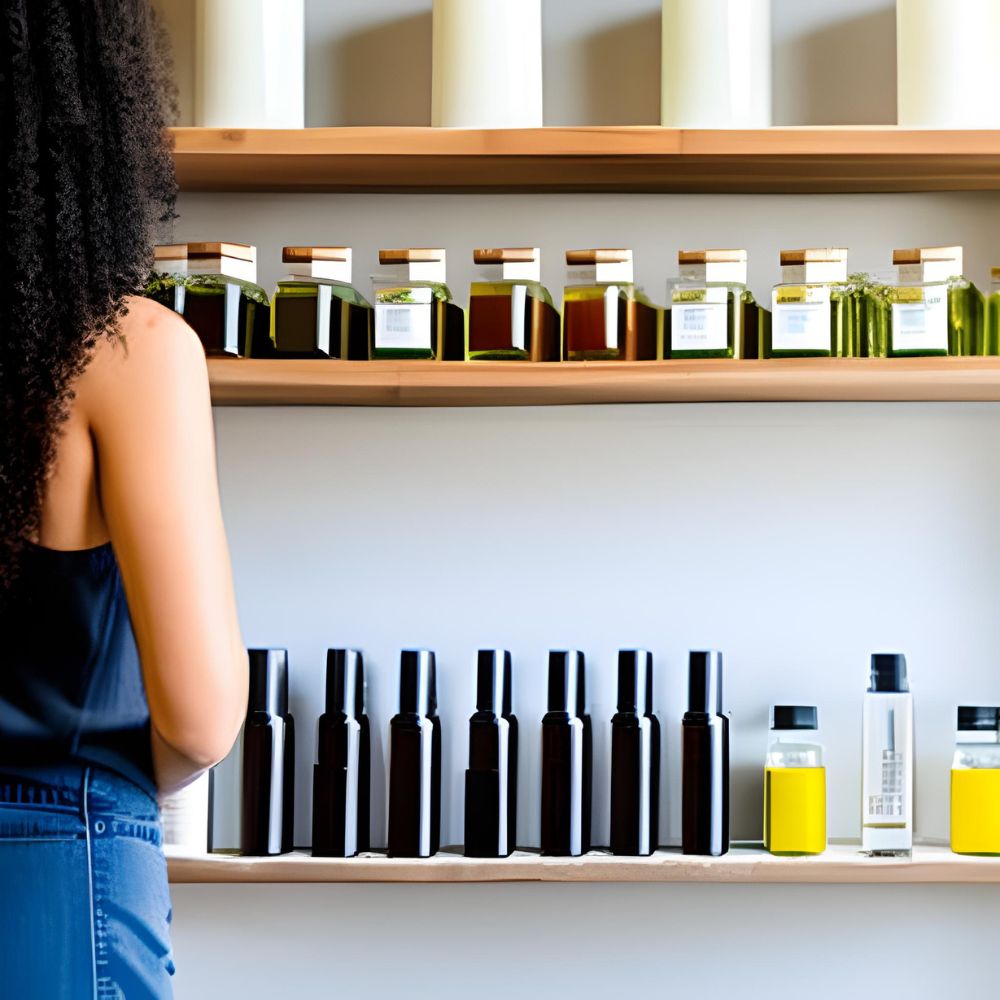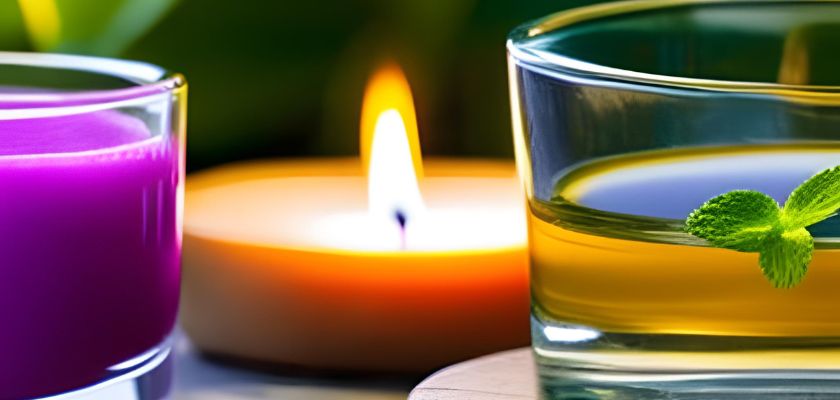As an expert in aromatherapy, I’m frequently asked about the advantages of this ancient practice. Aromatherapy is the art of utilizing essential oils to improve one’s physical, emotional, and mental well-being. It has been used for centuries in various cultures worldwide, and today, it is gaining popularity as a natural and holistic approach to health and wellness. In this blog post, I will provide you with an introduction to aromatherapy and its many benefits.
What is Aromatherapy?


Aromatherapy is a practice that involves using essential oils extracted from plants to enhance health and well-being. Essential oils are concentrated plant extracts that are obtained through different methods, such as distillation or cold-pressing. Each essential oil has a unique scent and therapeutic properties that can be used to address a broad range of physical, emotional, and mental issues.
Aromatherapy can be administered in various ways, including inhalation, topical application, and diffusion. Inhalation entails breathing in the aroma of essential oils, either through direct inhalation or a diffuser. The topical application involves applying essential oils to the skin, either diluted with a carrier oil or in a product such as lotion or massage oil. Diffusion involves dispersing essential oils into the air using a diffuser, which can have a calming and relaxing effect on the mind and body.
Benefits of Aromatherapy
Using aromatherapy as a natural approach to health and wellness has many advantages. Some of the most common benefits include:


- Relaxation and stress relief: Essential oils such as lavender, chamomile, and bergamot are renowned for their calming and soothing effects. Inhaling these oils or using them in a massage can help to reduce stress and promote relaxation.
- Improved mood: Essential oils such as peppermint, lemon, and rosemary are known for their uplifting and energizing properties. These oils can be used to enhance mood and increase mental clarity.
- Pain relief: Essential oils such as eucalyptus, ginger, and rosemary are known for their analgesic and anti-inflammatory properties. These oils can be applied topically or in a massage to help reduce pain and inflammation.
- Improved sleep: Essential oils such as lavender, chamomile, and ylang-ylang are recognized for their sedative properties. These oils can be diffused or applied topically to promote relaxation and improve sleep quality.
- Boosted immunity: Essential oils such as tea tree, eucalyptus, and thyme are known for their antibacterial and antiviral properties. These oils can be used to boost immunity and fight off infections.
Conclusion
Aromatherapy is a natural and holistic approach to health and wellness that has been used for centuries. Essential oils have distinct therapeutic properties that can be used to address a broad range of physical, emotional, and mental concerns. If you’re new to aromatherapy, I recommend starting with a few basic oils like lavender, peppermint, and lemon, and trying out different methods of use to find what works best for you. With consistent use and guidance from a certified aromatherapist, you can experience the numerous benefits of aromatherapy in your everyday life.



